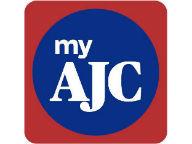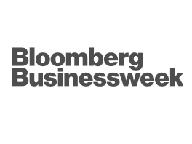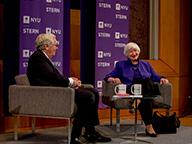School News
—
In an in-depth Q&A, Assistant Dean of Career Services Beth Briggs highlights the career services offerings at Stern and discusses recruitment trends
—

Excerpt from Clear Admit -- "For the Class of 2017 we had almost 17 percent go into the tech industry. That’s up from 10 percent last year, which is a significant increase that we are thrilled to see. Amazon is now our very top employer, and IBM and Google tied for sixth. I think it’s also changed some of the curriculum here at Stern. We have added a Fintech MBA specialization, which employers are well aware of. It really helps us position our students, because they have such a terrific opportunity to learn here at Stern about business and how tech is impacting where the growth opportunities might be."
School News
—

Excerpt from Clear Admit -- "For the Class of 2017 we had almost 17 percent go into the tech industry. That’s up from 10 percent last year, which is a significant increase that we are thrilled to see. Amazon is now our very top employer, and IBM and Google tied for sixth. I think it’s also changed some of the curriculum here at Stern. We have added a Fintech MBA specialization, which employers are well aware of. It really helps us position our students, because they have such a terrific opportunity to learn here at Stern about business and how tech is impacting where the growth opportunities might be."


















